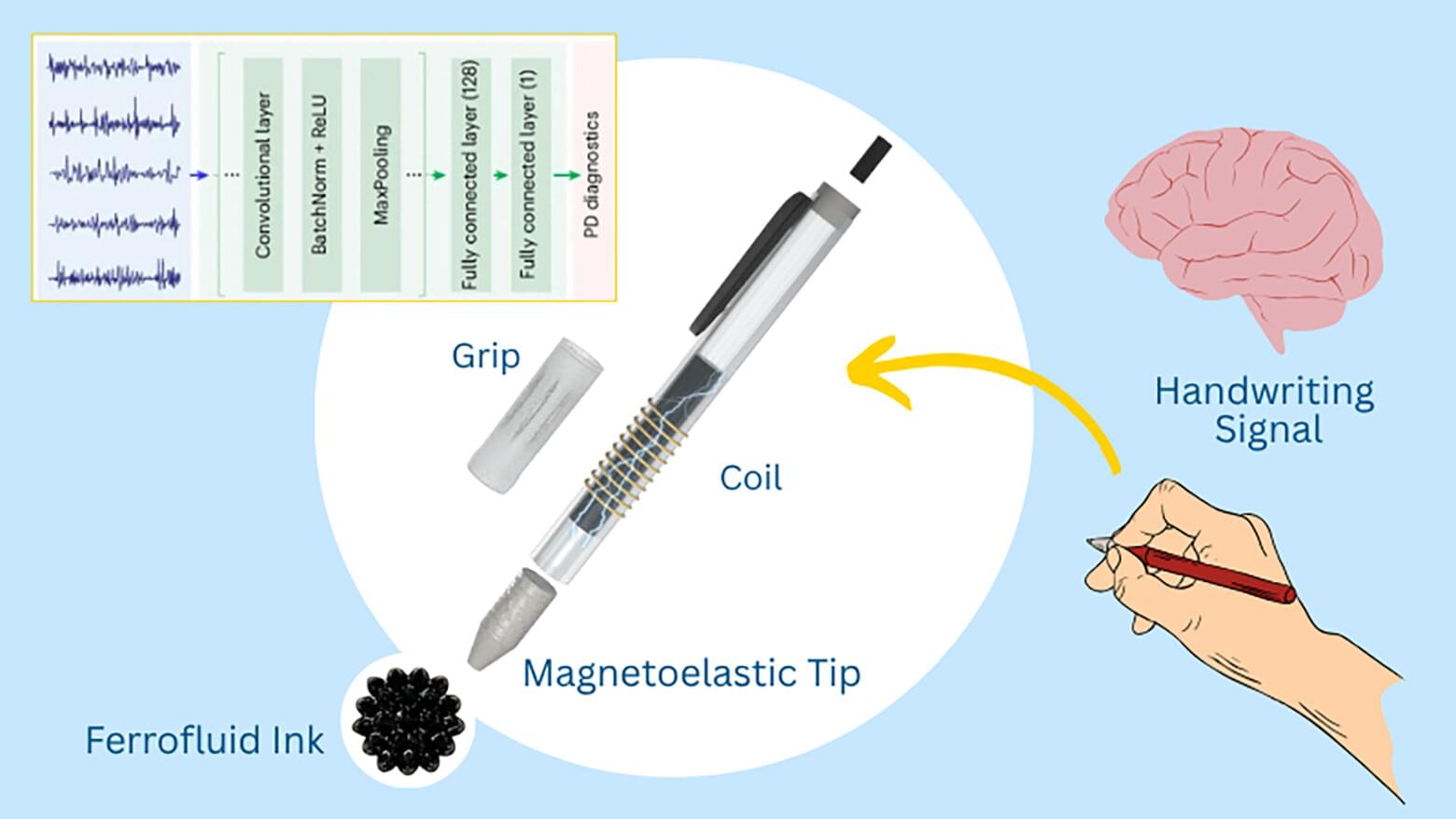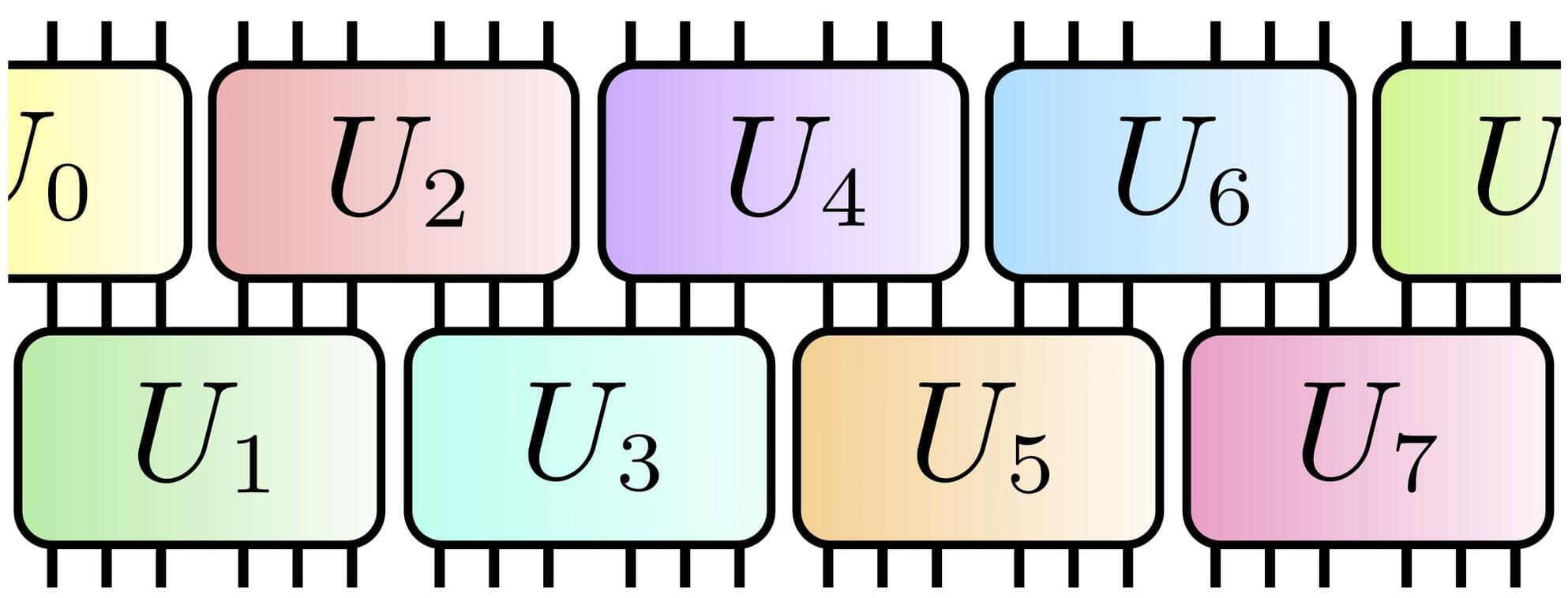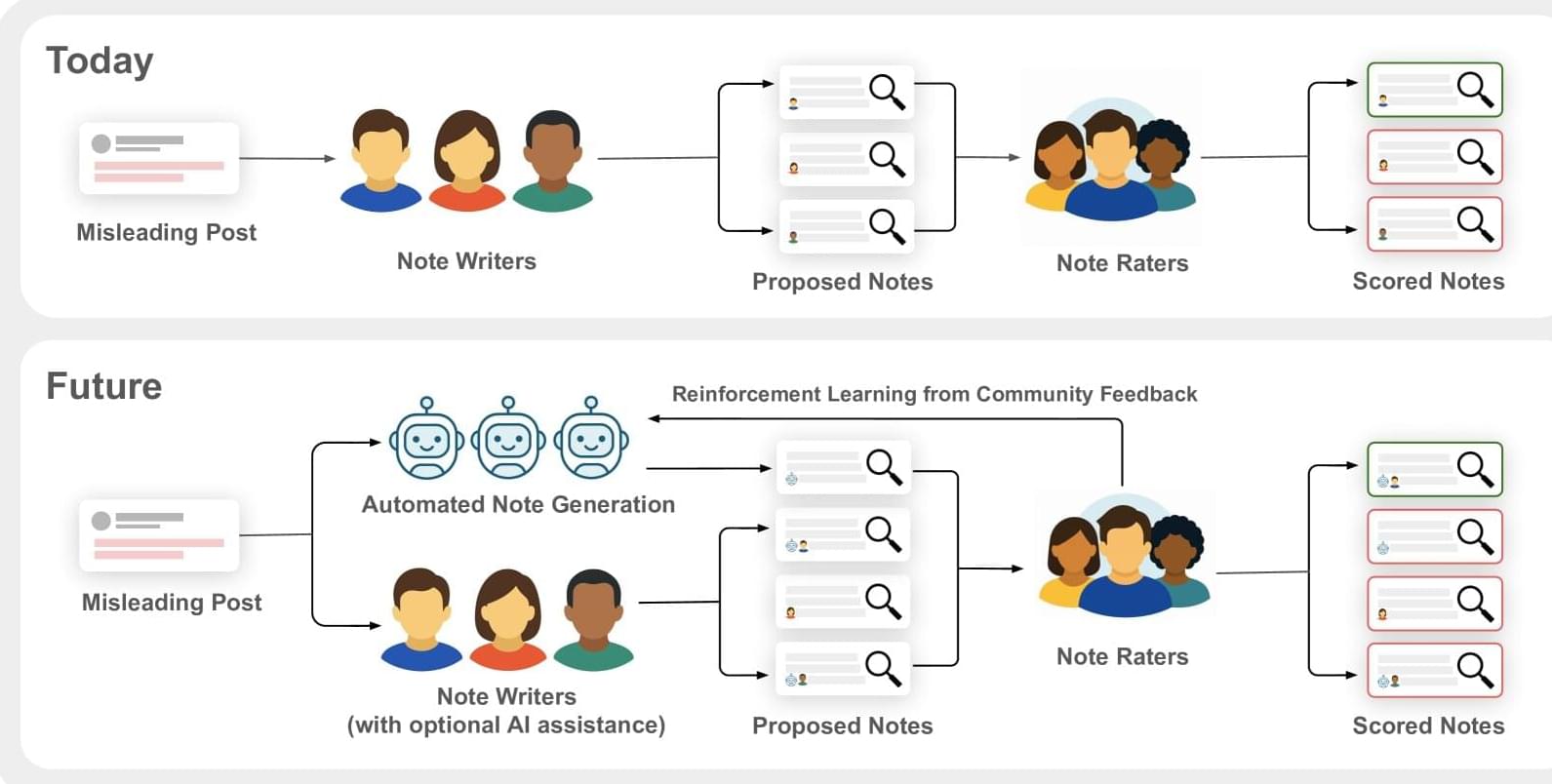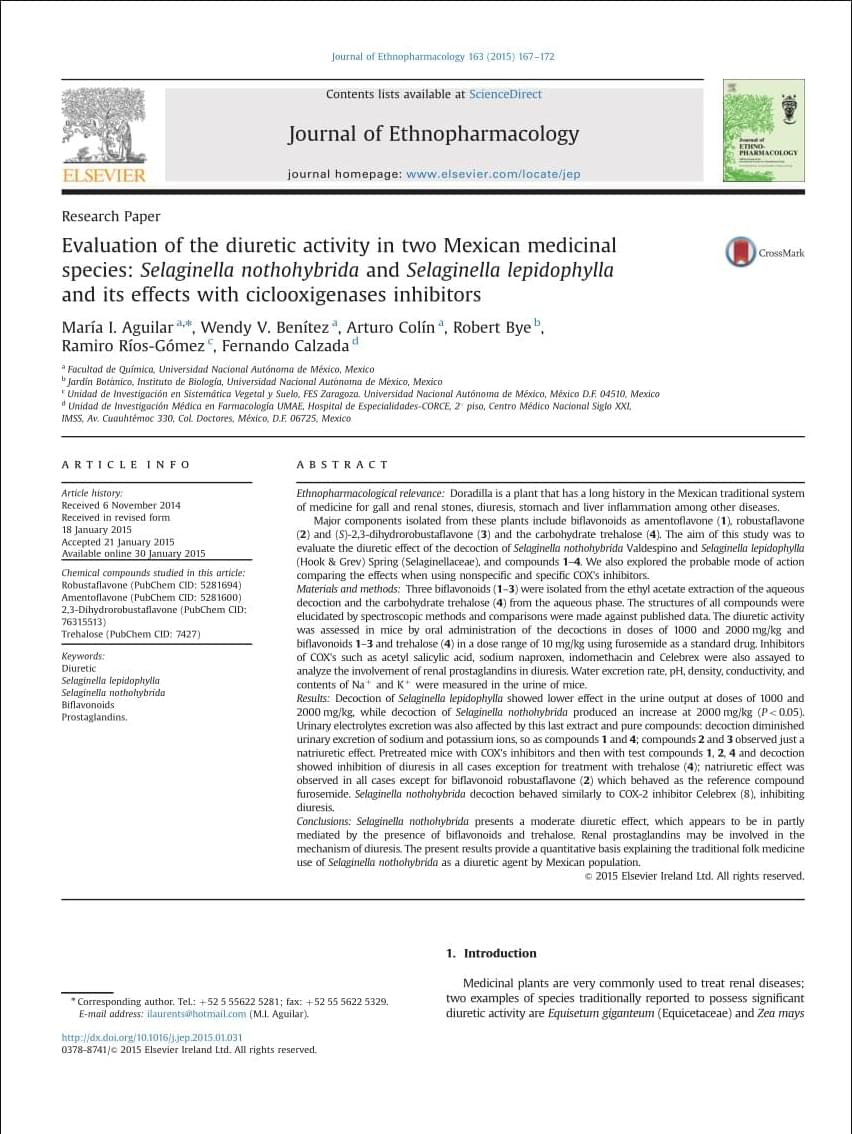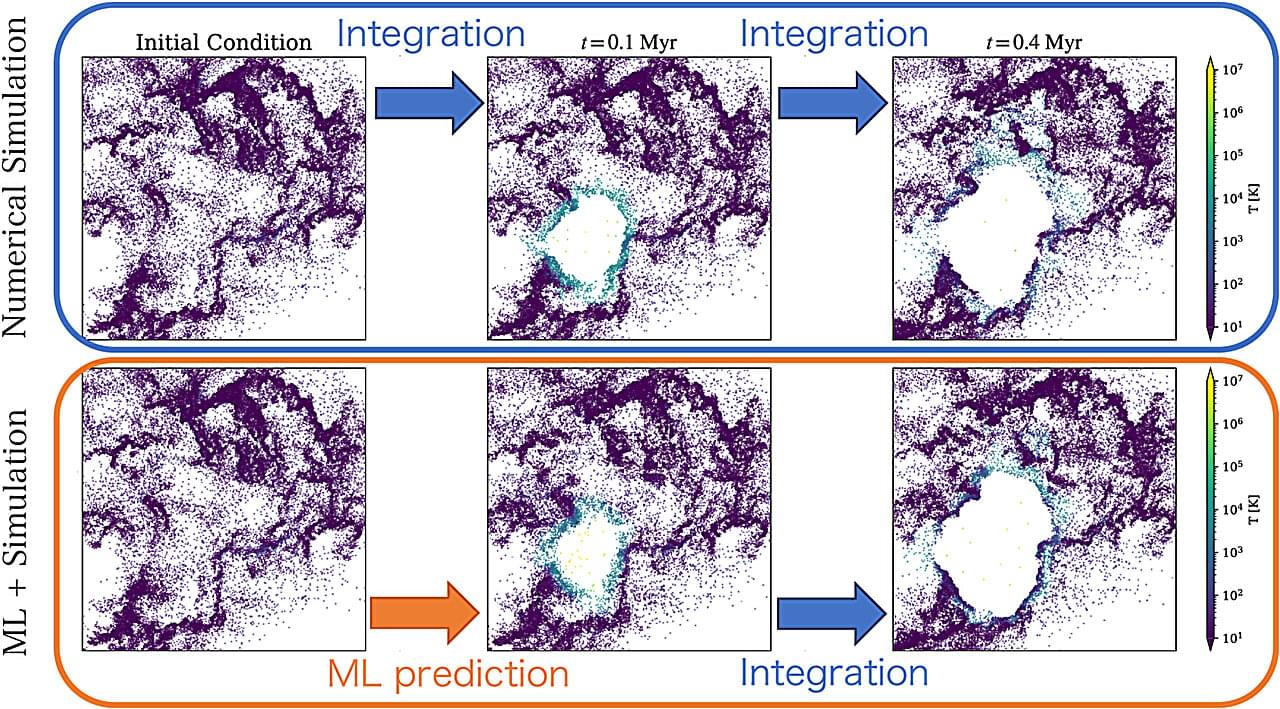For years, scientists have debated whether a giant thick ice shelf once covered the entire Arctic Ocean during the coldest ice ages. Now, a new study published in Science Advances challenges this idea as the research team found no evidence for the presence of a massive ~1km ice shelf. Instead, the Arctic Ocean appears to have been covered by seasonal sea ice—leaving open water and life-sustaining conditions even during the harshest periods of cold periods during the last 750,000 years.
The paper is titled “Seasonal sea ice characterized the glacial Arctic–Atlantic gateway over the past 750,000 years.”
This discovery gives insights crucial for our understanding of how the Arctic has responded to climate change in the past—and how it might behave in the future.

